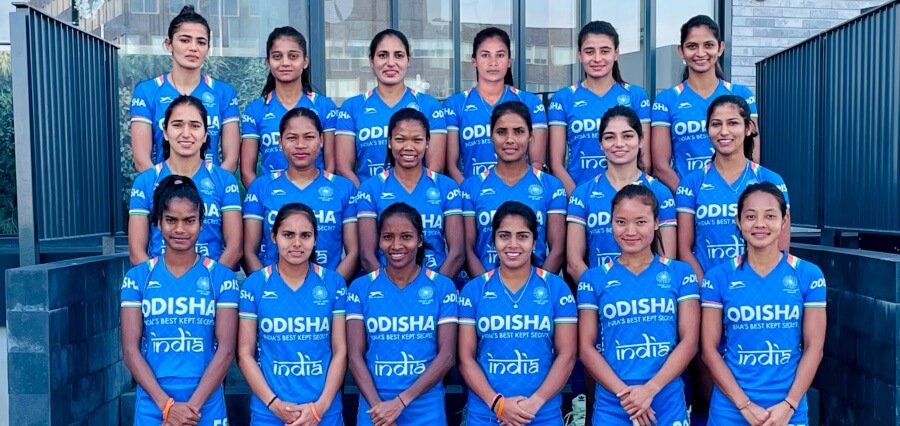What Do HRs Do All Day?
HR is the backbone of any organization, where talent nurturing, a healthy workplace culture, and engagement are being fostered. The everyday work of what HR professionals do is, however, usually underappreciated or misunderstood. The role is extended further in women leaders, as they are supposed to be balanced strategic leaders while addressing the organizational challenges while also crossing gender-specific hurdles.
A Day in the Life of HR Professionals
HR professionals are often considered the first stop when issues surface in the workplace, although their job involves much more than mere administrative work. Their day-to-day function is an integration of operating, strategic, and interpersonal types of activities designed to focus on employees’ needs to help the organization prosper.
Recruitment and Induction
They spend most of their day reading resumes, making interview schedules, and communicating with hiring managers once they select a particular candidate. They also play an important role in orienting a new employee, that he or she feels most welcome and empowered to function.
Employee Engagement and Retention
For an HR team, employee retention is very important; thus, they conduct some sort of employee survey. Organize some engagement events, and regular feedback is always there to make things perfect.
Training and Development
HR professionals analyze the skill gap in an organization and train employees for this purpose. They further pay attention to leadership development, mentoring, and succession planning to ensure a proper pipeline of talent.
Compliance and Policy Management
They need to make sure they adhere to labor laws and also all the policies of an organization, so they work on the following aspects of compliance:
- Updating policies,
- Addressing grievances, and
- Creating a fair and inclusive work environment.
Conflict Resolution and Mediation
HR is an unbiased agency to solve any kind of in-house employee conflict or among employees and management. In that manner, they ensure solutions compatible with the organizations’ policy and harmony among people.
Strategic Planning
Other than performing daily routines, human resource professionals engage in strategic thinking. They scrutinize the workforce’s trends, estimate the results of HR, and also align talent with organizational purposes.
Role of Women Leaders in HR
The modern landscape of human resources is becoming increasingly steered by women leaders, who bring to the workplace a sense of empathy, improved communication skills, and visionary strategies that empower them to orchestrate change in organizations.
Inclusive Workplaces
Women leaders in HR are crucial for an organization to develop diversity and inclusion. They develop strategies and policies that help establish equal opportunities for all in the organization, eliminating gaps that hinder growth.
Employee Health and Well-being
Employee health and well-being will always be at the heart of HR functions, and women leaders take pride in their roles; they are very strong where mental health, work-life balance, and wellness are concerned.
Strategic Leadership
Women leaders in HR participate as a part of the leadership in making strategic decisions related to workforce planning, change management, and culture transformation which is aligned to business and human resource goals.
Mentorship and Empowerment
Women leaders serve as mentors to help other leaders grow in the organization by creating role models through leadership practice. They will stand as an advocate for equality for all women within leadership lines.
Driving Innovation
The changing nature of work requires fresh approaches to talent management, and women leaders are generally the champions of flexible work arrangements, hybrid models, and upskilling.
Conflict Resolution with Emotional Intelligence
Women leaders generally perform exceptionally well in conflict resolution because they possess emotional intelligence and empathize with others. They help employees feel comfortable discussing concerns and issues so that such issues can be addressed constructively.
Challenges Encountered by Women Leaders in HR
Despite their significant contributions, women leaders in HR face unique challenges that can hinder their progress and impact within organizations.
Breaking Stereotypes
Women in leadership roles often encounter stereotypes that undermine their authority or question their capability to make tough decisions. Overcoming these biases requires resilience and a supportive workplace culture.
Balancing Work and Family
The dual responsibility of handling both professional and personal life makes it a challenge to many women leaders. Such a pressure to perform can sometimes lead to stress and eventually burnout.
Low Numbers of Women in Top Leadership Positions
Although HR is one of the professions that has high female participation, there is limited representation of women at top leadership positions. Only continued efforts to challenge organizational norms can break through the glass ceiling.
Gender Pay Gap
Like in all other fields, women in HR leadership often experience pay disparities despite their efforts. The fight for fair compensation structures is a constant.
Organizational Politics Women leaders are often challenged to deal with organizational politics, especially in men-dominated industries, which undermines their ability to implement change.
Maintaining Credibility in Strategic Roles
The role of HR will become strategic in nature, and women leaders will need to continuously establish their credibility and expertise in business-centric discussions with the burden of being more critically examined than their male counterparts.
Prospects for Women Leaders in HR
The future looks bright for women leaders in HR. Organizations are becoming more cognizant of the value of diverse leadership and are investing in programs to support women in senior positions.
Leadership Development Programs
Companies are developing programs to develop women leaders, enabling them to gain the capabilities and experiences required to grow.
Growing Roles in Strategic Planning
Women leaders are assuming responsibilities that go beyond traditional HR work, such as workforce analytics, change management, and organizational design.
DEI Focus
As DEI is becoming increasingly important, women leaders in HR are in a prime position to spearhead these efforts, utilizing their expertise to drive meaningful change.
Technology Integration
The adoption of HR technology and analytics presents opportunities for women leaders to be innovative and lead data-driven strategies.





